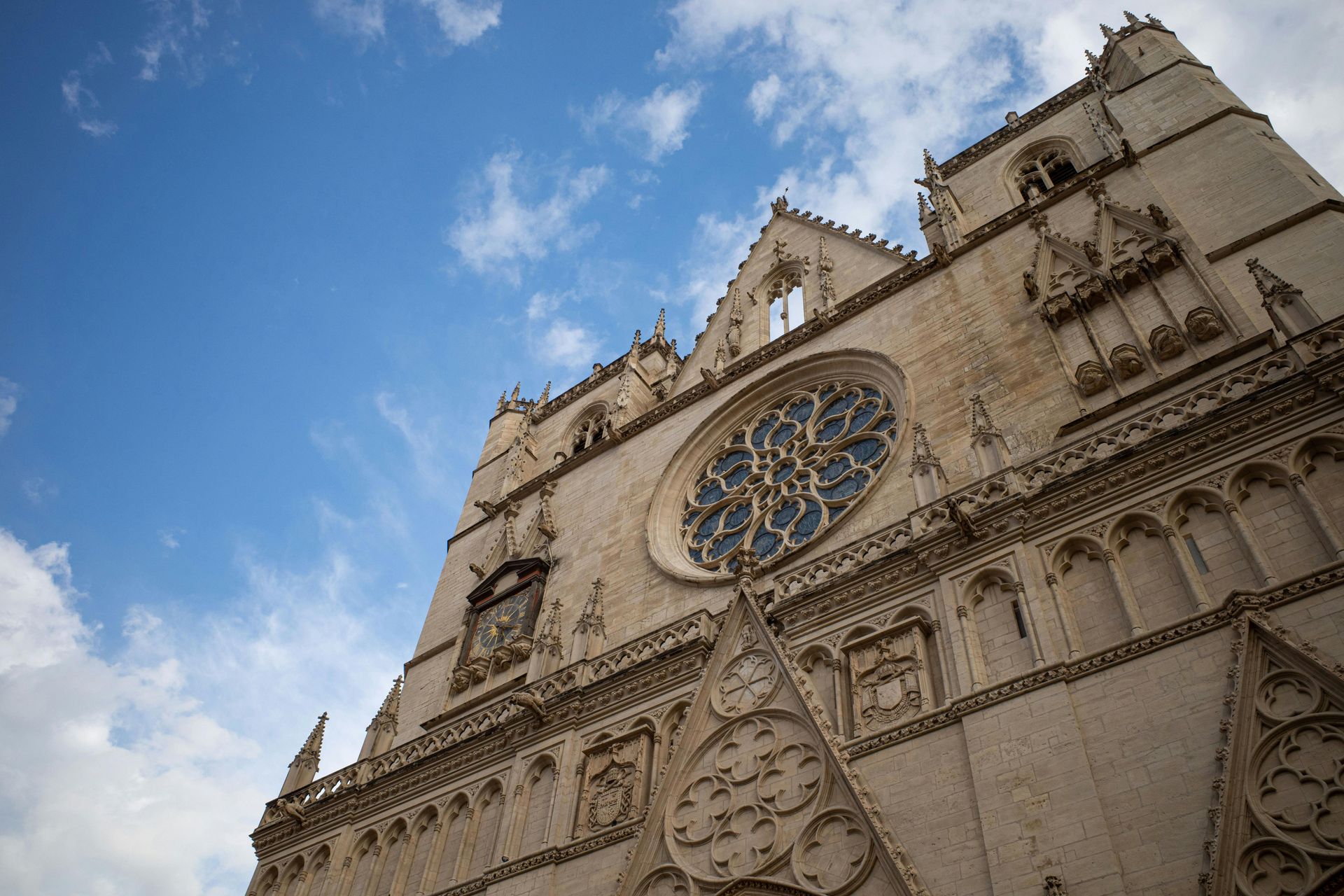Websites and Reporting Tools
Bernadette Howell, Spiritual Health Practitioner - March 24, 2025
Breaking the silence. Confronting clergy abuse.
Dear readers,
In a recent blog titled “Loss, Illness, Near Reprieves and Broken Dishwashers” I spoke about how demoralizing and deflating it can be, attempting to hold Catholic Church leaders accountable as we work to try and bring about meaningful and healthy change.
It's a Sisyphean task.
And, like Sisyphus, that Greek mythological figure who was condemned forever to push a boulder up a mountain side, only to see it roll back down again just as he reaches the top, I was recently feeling rather weary and tempted to walk away.
Just because it's so demoralizing, does not mean however, that one should do nothing nor bother to try, but one should take care; for there's a risk that if we’re not careful, the negative energy it draws from us may silently kill us in the process of trying.
Marie Collins, a fellow Irish woman and victim-survivor who served on the Pontifical Council for the Protection of Minors, but who resigned in frustration in 2017, once wisely said to me soon afterwards:
“There is a temptation to walk away, and I have many times felt like giving up. However, even small victories make a difference and in the end, I have decided to continue to try but at a level which will be less damaging to myself.”
If you have time and feel so inclined, you can read this article from her interview with Mary Hynes on CBC's radio program "Tapestry':
https://www.cbc.ca/radio/tapestry/marie-collins-abuse-survivor-challenges-the-catholic-church-1.4018300/survivor-who-quit-papal-committee-on-abuse-tells-her-story-1.4018335
Consequently, and keeping in mind Marie's wise words, in that blog of five weeks ago I shared with you that, going forward, I would respect my own health and wellbeing by choosing to pause, honour what is life-giving, release myself from the responsibility of feeling it necessary to blog each week and instead, would only blog when I feel moved to share.
To this end, I am moved to write today and share this six-minute video clip sent to me last week by a victim-survivor in Ontario.
I wish to share this with you because I know just how invested this victim-survivor, David Cullen, is in also trying to bring about change; in wanting to ensure that what happened to him will never happen to another child.
https://youtu.be/VDD3qV9PMfg
The opening words in this video clip of the then Archbishop Tom Collins, now Cardinal Collins read:
“Our first concern must be for those innocent young people who have been abused to help them overcome their suffering and to resolve to take whatever steps are needed to be as sure as is possible that this does not happen again.”
My personal sense is that the Church has dutifully and respectfully put in safe environment policies and reporting structures to ensure that this is not happening to children any more (…although I can’t say the same for abuse of vulnerable adults…) but, helping victims to overcome their suffering?
What, if any, programs have been put in place?
I welcome hearing from any readers out there who know of such programs that may exist so that I can share this information with others who seek support.
David Cullen shares in his video which, if my understanding is correct, he arranged to fund and produce himself, is that his first step was to go to the Toronto website where sadly he, “saw nothing that suggested that there was any kind of process for victims” who want help.
Assuming this was something he encountered a few years ago but that things had changed a lot since then, I went onto the current Toronto website, confident I would find a link on the home page directing people where to find help along with a compassionate note encouraging people to come forward and be supported.
Not quite…
There is no easy link that speaks of clergy abuse. If you search for it, under “Contact Us” which I typically only associate with basic phone and mailing details, you will find a link to “Report Misconduct” and then another link “Inform us of an Incident.”
You can indeed phone in—though its unclear as to who answers the phone at the number listed. You can also email, and you will then be encouraged to speak to the Archbishop’s Delegate. Not to the archbishop himself.
“Hello Mr. Archbishop’s Delegate. My name is John. Can I tell you about an 'incident’ that happened to me?
“Hello John… and thank you for calling. Absolutely. Please do share”
“This incident that happened to me...would you mind awfully if I called it by its real name?”
“Most certainly…. we’re here to help with any incidents of misconduct”
Umm…. well, it’s a four-letter word. And it involves sexual assault. I notice on your website that we can report an allegation of ‘misconduct’ or ‘abuse’ against a priest, lay employee or volunteer, but it doesn’t mention the words ‘clergy sexual abuse.’”
John pauses for a deep breath….and then continues.
“The incident I experienced is what everyone else but the Catholic Church calls rape.
“Oh dear. Yes, this certainly would be an incident of misconduct and improper behaviour.”
And so it goes….
Why does the Catholic Church not like to use the words clergy sexual abuse or sexual assault?
Albeit I could find nothing directly linked to reporting clergy abuse on the home screen of the Toronto Archdiocese website, now under the leadership of Cardinal Frank Leo, and even though its not that easy to find, located a bit deeper, there at least is a way offered to report abuse. Unlike the St Paul Alberta Diocese now under the leadership of Bishop Gary Franken. On that website, there is nothing at all for victim-survivors, sadly sending a clear unspoken message, whether intended this way or not, that silently reads: we really don’t care.
I was somewhat comforted by the fact that, as members of the Vancouver Archdiocese Clergy Abuse Review Committee (2018/2019), we had suggested, requested and ensured that the home page of the Vancouver Archdiocese website would always display a direct link for reporting abuse.
To remind myself of this and our hard work, I went to double check it out again.
NO. NO. NO.
Nada.
Nothing.
The website is all changed.
It’s all about celebrations for the new incoming bishop and celebrations for the outgoing one, all of which I have no objection to and totally understand. But in this change up, no longer is there the promised clearly visible link on the home page for reporting clergy abuse—or even being supported— as was agreed to.
The long list of various “Ministries and Offices” on this and any other diocesan websites I have looked at range from ministries relating to anti-human trafficking to bereavement and catechesis, from supporting Hispanic and indigenous communities to natural family planning and to respecting life and more. All very honourable and worthy ministries.
But shouldn’t caring for victims of clergy sexual abuse and those who have experienced rape by a priest constitute respect for another person’s life?
We victim survivors are not zygotes such as the yet unborn are.
We are here, now.
We are living and we are fully formed, fully breathing, human beings.
Perhaps the CCCB might consider producing guidelines on setting up a new pastoral ministry called ‘Supporting Clergy Abuse Survivors’ to include not just sexual abuse but all other forms of clergy and church related abuse.
The Church could show that it cares, not just by offering a place to report abuse (…on those diocesan websites that actually do this!) but it could also offer programs of support and healing as well.
Indeed, it’s a suggestion I made just a few days ago.
This was when I contacted the Canadian Conference of Catholic Bishops (the CCCB) asking if they would please ensure that the St. Paul Alberta Diocese offers victim-survivors online ability to report abuse. And indeed, offers resources and information for people wanting to know what to do and where to go, for currently there is NOTHING.
But this was when I learned that the CCCB is not a supervisory body.
“Canon Law does not give Episcopal Conferences, like the CCCB, supervisory responsibility over any diocese or eparchy in the area of safeguarding” I was informed last week by the CCCB’s General Secretary.
The General Secretary went to write that the CCCB publication Protecting Minors “provides guidance to Diocesan Bishops as they each seek to develop and implement safeguarding practices most suited to the specific needs and circumstances in their dioceses/eparchies while respecting both secular and canon law.”
My concern therefore is this: what good are guidelines if there is no one here in Canada to ensure that Canadian bishops ever do what is suggested by the CCCB as best practice?
I must say that I found the General Secretary to be most helpful in dealing with my original request as well as in further correspondence. This is in stark contrast to a situation back in July 2017 when I needed to contact the CCCB with regard to a complaint and query I had at that time, and got no response whatsoever from the then General Secretary. The General Secretary of the CCCB at that time was Monsignor Frank Leo.
In order to elicit any kind of response in relation to a complaint I had back in 2017, I had to email Archbishop Michael Miller who in return suggested I could either write directly to the President of the CCCB (at that time, it was Bishop Douglas Crosby, Bishop of Hamilton—now it is Bishop William T. McGrattan, Bishop of Calgary) or that the other option was that he, Archbishop Miller, could put in a word with Monsignor Leo.
I chose to contact Bishop Crosby directly as I was not interested in only being given the respect and courtesy of a response because a bishop had prompted it!
(Hey Frank, for God’s sake. can you please respond to this woman who keeps ‘wigging in my ear?!)
But back to the current General Secretary, Fr. Jean Vézina.
He went on to write and helped me to clearly understand that:
“Within the structure of the Church, it is the Pope who has oversight over a diocesan Bishop in matters concerning safeguarding. He is assisted by various departments of the Vatican, called Dicasteries, such as the Dicastery for Bishops in cases where the complaint concerns a Bishop.
However, knowing that victims would need to be assisted by an ecclesiastical authority if they wished to bring a complaint of abuse or cover-up to the Pope’s attention, Pope Francis asked the Bishops of each country to set up a reporting mechanism for sexual abuse or cover-up by a Bishop, and he also established a process by which such complaints could be received, reviewed and responded to by the Vatican.
In response to Pope Francis’ request, about four years ago, Canada’s Bishops launched the Canadian Reporting System for Sexual Abuse or Cover-up by a Bishop.
The platform is hosted by a third-party whistleblowing firm, Clearview/Syntrio, which directs complaints against a Bishop to the appropriate ecclesiastical authority who will gather the information and transmit it to the Vatican.”
Alas, this still means there is an internal review of ‘bishops by bishops’ before anything is transmitted to the Vatican, something that certainly does not instill me with any confidence.
The General Secretary then invited me to visit the website:
www.bishopreportingsystem.ca.
There is also 24-hour hotline: 1-866-892-3737.
This reporting tool, I since learned, is specifically for the following:
To make a report to Church authorities about a Catholic Bishop in Canada who has committed
sexual abuse, or
other sexual misconduct (e.g. sexual harassment or possession of child pornography), or
whose actions or omissions intended to interfere with or avoid civil or canonical investigations regarding sexual abuse.
If your report concerns:
1. a priest, deacon, consecrated person (i.e., Brother or Sister), or officially mandated lay pastoral worker, or
2. a deceased Latin or Eparchial Bishop or
3. an Eparchial Bishop (active or retired) other than the ones named above,
1. please contact the diocese/eparchy where the incident took place.
A blog reader who was in contact with me earlier this week asked the question:
“If there is a “Reporting System for Sexual Abuse or Cover-up by a Catholic Bishop”, what if your complaint concerns reporting an Abbott?”
This is an excellent question and pertinent in light of so many blog readers who have reached out to me in connection with cover-up and lack of proper investigations as it pertains to clergy abuse and sexual abuse-related incidents at Westminster Abbey and Christ the King Seminary in Mission, B.C.
Sadly however, to this question, I do not have an answer.
But should any readers wish to follow up in relation to this (and other questions you may have), I share here the contact details of the General Secretary of the CCCB:
Fr./ Abbé Jean Vézina
General Secretary / Secrétaire général
Canadian Conference of Catholic Bishops (CCCB)
Conférence des évêques catholiques du Canada (CECC)
2500 promenade Don Reid Drive
Ottawa, ON K1H 2J2
Email: gensec@cccb.ca
Telephone: 613-241-9461, ext. 206
Website: https://www.cccb.ca/
For that it’s worth, I did find the following on Encylopedia.com:
“Since the Middle Ages abbots have received, by papal privilege, the use of insignia and ceremonial proper to bishops. These prelatial prerogatives are recognized in law and liturgy.
An abbot is allowed the use of a ring, pectoral cross, and zucchetto.
Vested for pontifical functions or assisting in formal choir, he wears the garb of a bishop, except that its color is proper to his religious order. Thus, a Norbertine abbot wears white, a Benedictine abbot wears black.
An abbot celebrates Holy Mass and performs other liturgical functions according to the ceremonial of a prelate. He uses a throne with a canopy, wears complete prelatial vesture, and observes the rubrics for a pontiff.”
I additionally learned that an Abbott is voted in by secret ballot, not unlike papal voting and similarly, is elected for life.
And so, I draw to a close for this blog.
For those blog readers who always felt so supported by my consistently regular weekly blogs, I hope you will understand that I am still here, still blogging, still working to break the silence and confront clergy abuse…but doing so in a way that respects my own health and wellbeing when dealing with such a difficult, but necessary, topic.
Until next time, thank you again for your loyalty, readership and support.
Bernadette



QUICK Links
Education Links
All Rights Reserved | Outrage Canada | Privacy Policy
Website by EVOLV Digital Marketing

